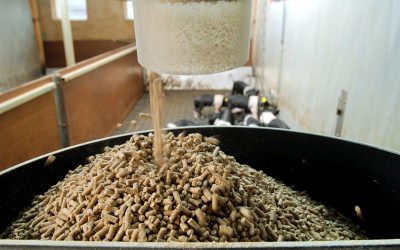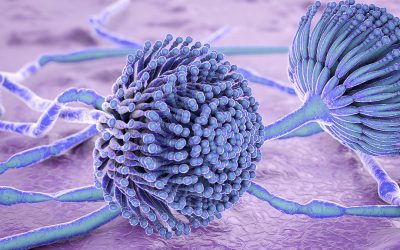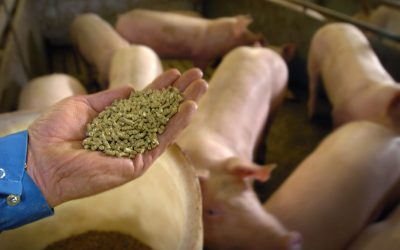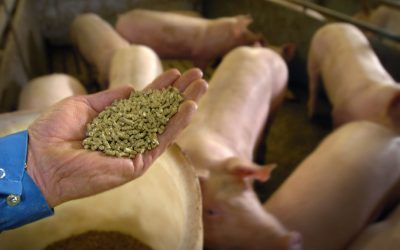Horse feed makers in UK adopt voluntary feed code
A new voluntary code of practice for feed manufacturers in Britain covering naturally occurring prohibited substances in horse feeds has been introduced. The code was prompted by increasing numbers of positive tests for small amounts of morphine in racehorses.
The British Equestrian Trade Association (BETA) introduced the new code this month to reduce the risk of such substances in feeds for horses. Leading British manufacturers have committed to the code.
The code was developed by BETA in conjunction with assurance scheme experts in response to an increased incidence of positive dope tests for morphine, a high priority in racehorses.
International Equestrian Federation rules for competition and the British Horseracing Authority’s Rules of Racing state a zero-tolerance policy for naturally occurring substances that could affect performance, with the exception of theobromine.
The consequences of a positive dope test are disqualification and loss of prize money.
Special label
Feeds and supplements conforming to the new code will carry labelling to reassure owners and trainers of the stringent quality management procedures that have been undertaken during every step of the sourcing, storage, transport and manufacturing processes for each product.
Suppliers of raw materials will be regularly audited and staff will also undergo rigorous training to ensure strict adherence to the Code.
The code has been endorsed by the British Horseracing Authority and the National Trainers Federation, with endorsement being sought from the British Equestrian Federation in the future.
Sources of naturally occurring prohibited substances responsible for contamination include residues, weeds, plant bioactives, human food ingredients and commercial waste.
Naturally occurring prohibited substances for high-priority screening are morphine, caffeine, theobromine, theophylline, hysocine (scopolamine and metabolites). Low-priority screening substances are bufotenine, lupanine, hordenine.











